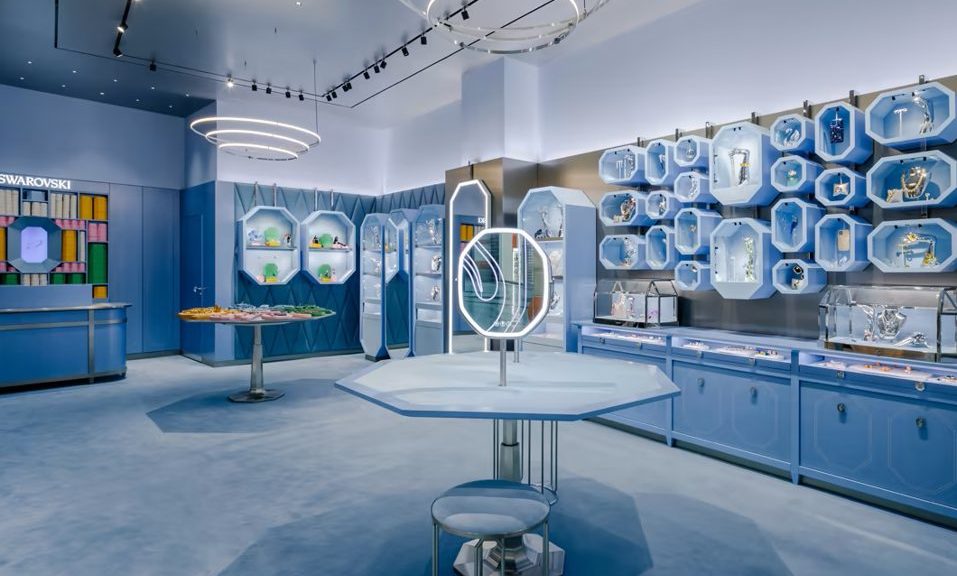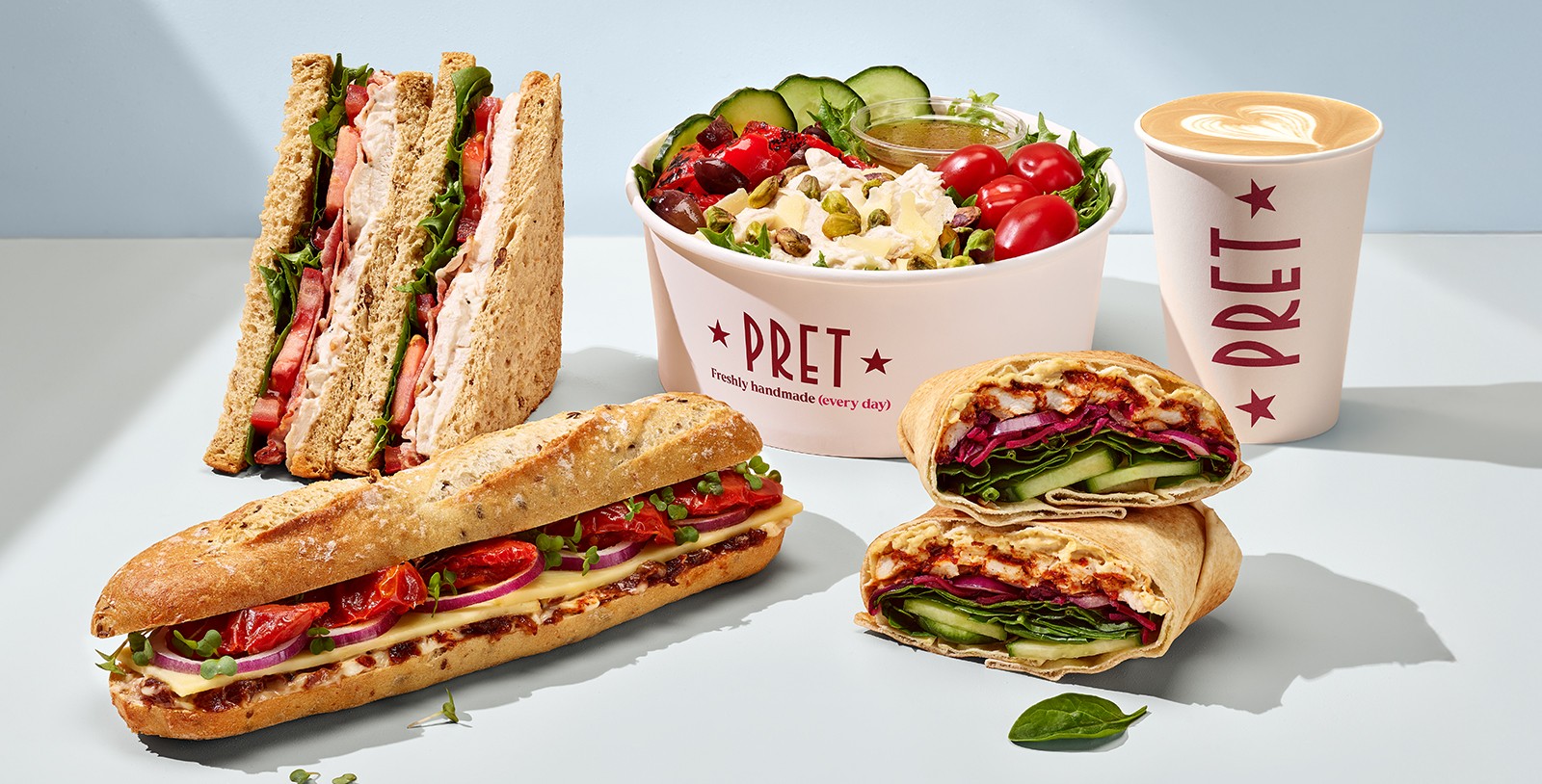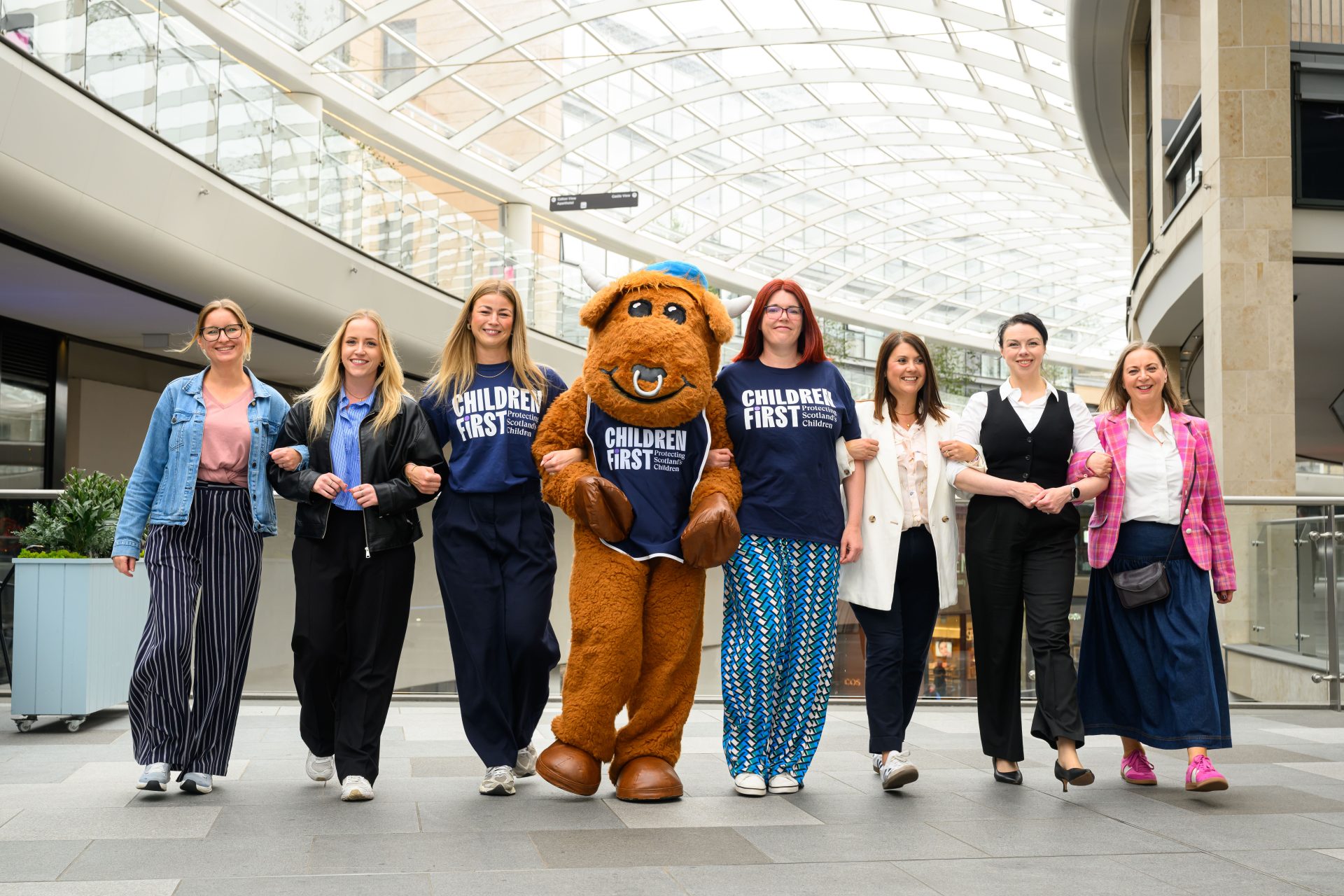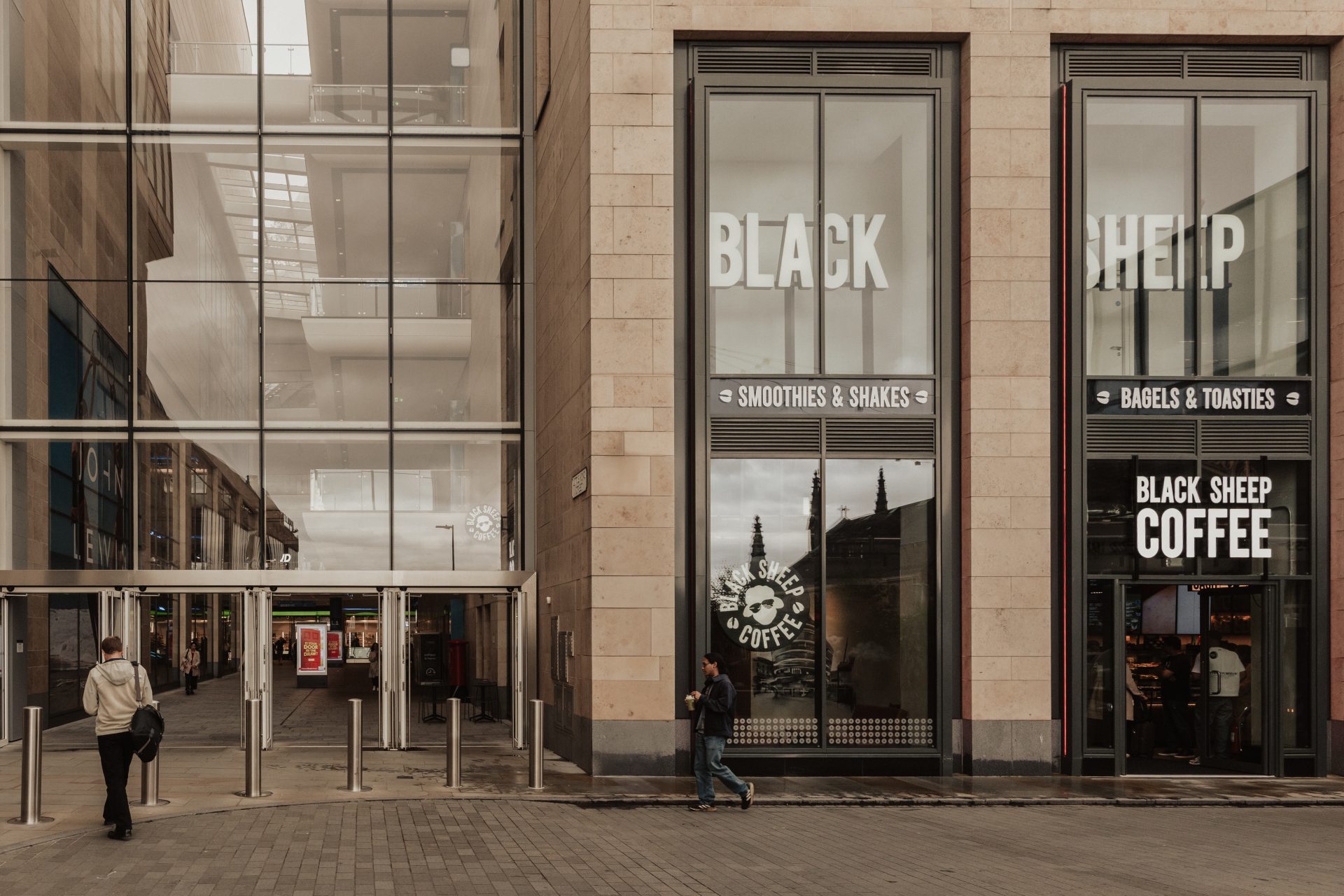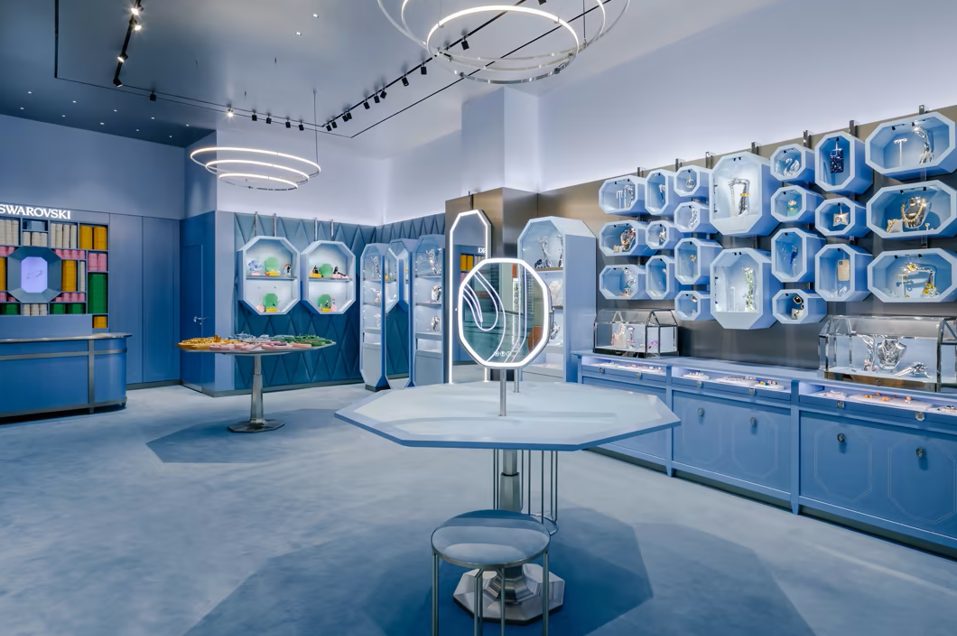What's new
What else is new…
-
Topshop at John Lewis
 Categories: Uncategorised
Categories: UncategorisedIt’s official: Topshop is here You can now shop the iconic British brand at John Lewis Edinburgh on Level 3. In a highly-anticipated return to the high street, discover a collection of Topshop’s most in-demand pieces from signature denim to soft knits, timeless outerwear to footwear and accessories. Read more
-
Pre-Order the Latest Launches at Samsung
 Categories: Uncategorised
Categories: UncategorisedDiscover the newest launches at the Samsung Experience Store on Level 2! Samsung Galaxy S26 Series – pre-order now and double your storage to 512GB for the price of 256GB, worth £170. Samsung Galaxy Buds4 Pro and Buds 4 – pre-order today and try superior sound for 100 days, love it or your money back. Read more
-
Welcome, Swarovski
 Categories: Uncategorised
Categories: UncategorisedOn Friday, 13 February, Swarovski will reopen its doors in Edinburgh, bringing its radiant new concept store to Level 3. Inspired by 130 years of heritage and a bold modern vision, the newly transformed space invites you to explore Swarovski’s collections in a stylish and inspiring environment. To mark the occasion, the first 50 guests who spend Read more
-
Discover Cool Skies at New Balance
 Categories: Uncategorised
Categories: Uncategorised‘Cool Skies’ is the latest launch from New Balance. A collection of three stylish sneakers in a cool blue and white colour palette – perfect as we move into the Spring months. There’s a style to suit every taste, from the 2000s inspired ABZORB 2010 to the throwback T500 court shoe and low-profile 204L. The Read more
-
Fenty Beauty and Fenty Skin have landed at Space NK!
 Categories: Uncategorised
Categories: UncategorisedThe iconic Fenty Beauty and Fenty Skin ranges are now available at Space NK on Level 3. Created by Rihanna and loved worldwide, Fenty is known for its inclusive shade ranges, high-performance makeup and glow-boosting skincare. From cult Gloss Bombs to complexion heroes and skin essentials, there’s something for every routine and every skin tone. Read more
-
Welcome Moleskine!
 Categories: Uncategorised
Categories: UncategorisedWelcome to Moleskine store! Discover the unique world of Moleskine where we invite you to put pen to paper and unleash your genius. Moleskine® was created as a brand in 1997, bringing back to life the nameless black notebooks used by writers and artists like Vincent van Gogh, Pablo Picasso, Ernest Hemingway and Bruce Chatwin Read more
-
Dreams Come True at Clarendon Fine Art
 Categories: Uncategorised
Categories: UncategorisedDisney x Mr Brainwash: Dreams Come True — Exclusive to Clarendon Fine Art Launching this December, Dreams Come True brings together two global creative icons — Disney and contemporary art phenomenon Mr Brainwash — in a historic collaboration available exclusively through Clarendon Fine Art. Combining Disney’s timeless storytelling with Mr Brainwash’s vibrant street-art energy, the collection reimagines Mickey and Minnie in Read more
-
Estee Lauder launches at H Beauty
 Categories: Uncategorised
Categories: UncategorisedEstee Lauder is now available to shop at H Beauty on Level 3 From its iconic makeup must-haves to its luxe skincare collection, Estee Lauder is a global leader in prestige beauty. Visit the stunning new counter in H Beauty and meet the expert team who will introduce you to the brand’s most coveted products Read more
-
Say hello to Pret A Manger
 Categories: Uncategorised
Categories: UncategorisedGrab a fresh bite at Pret A Manger, now open at St James Quarter! Step into Pret A Manger on Level 3 for freshly made food and organic coffee in the heart of Edinburgh. From buttery croissants and wholesome breakfast pots to sandwiches, salads and baked treats, everything is prepared fresh throughout the day. Choose Read more
-
Introducing our new charity partner
 Categories: Uncategorised
Categories: UncategorisedSt James Quarter has announced a new 12-month charity partnership with Children First, Scotland’s national children’s charity! The partnership will see St James Quarter shine a spotlight on the vital work Children First does to protect and support children and families across Scotland, while also raising essential funds through a programme of community-led initiatives. Founded Read more
